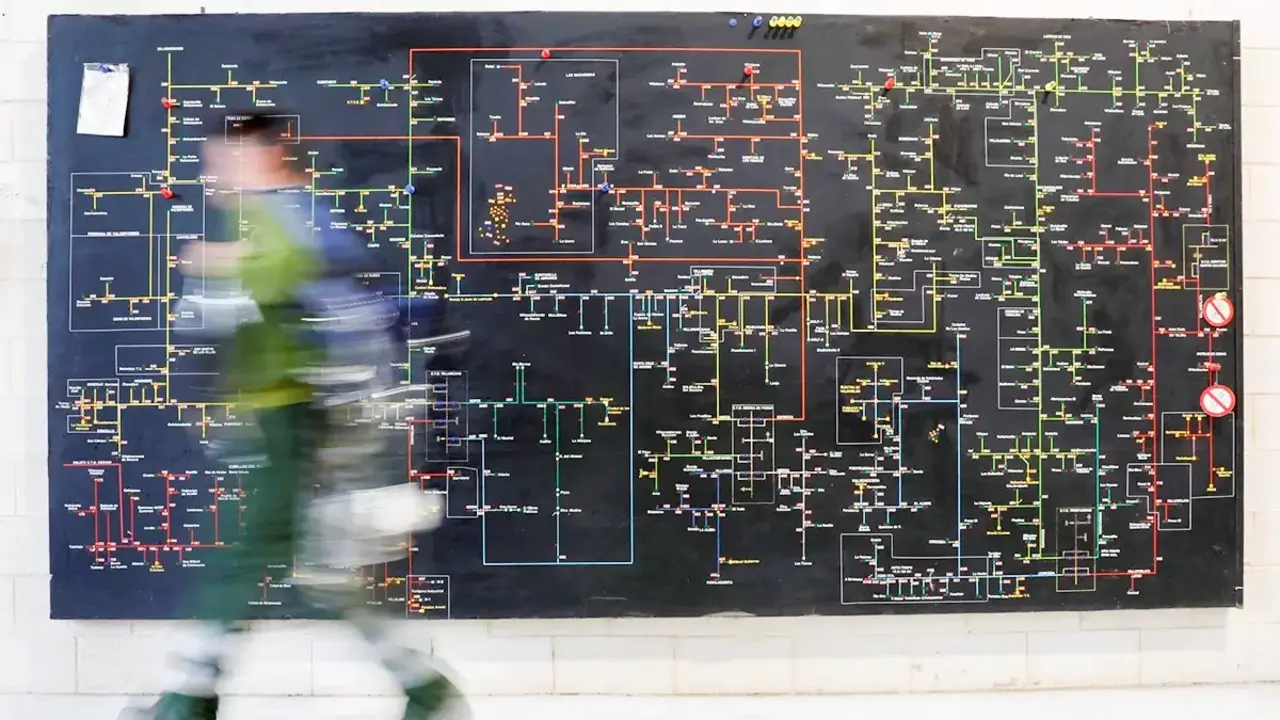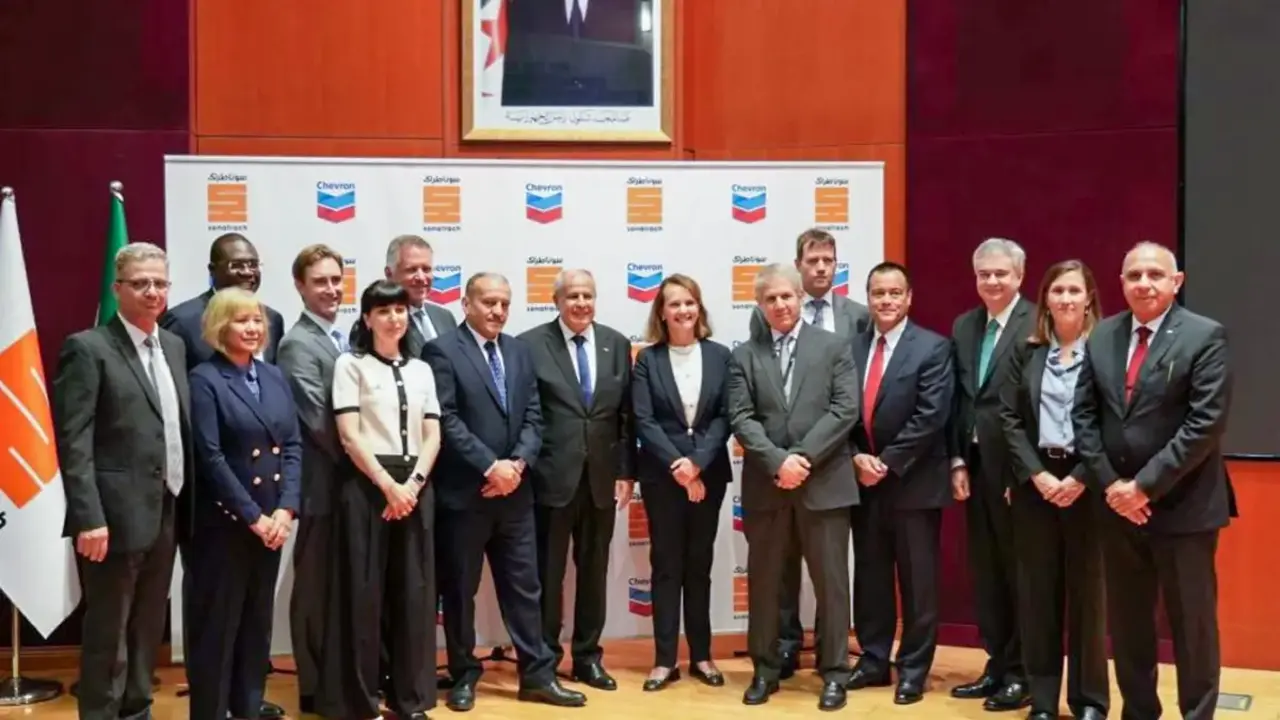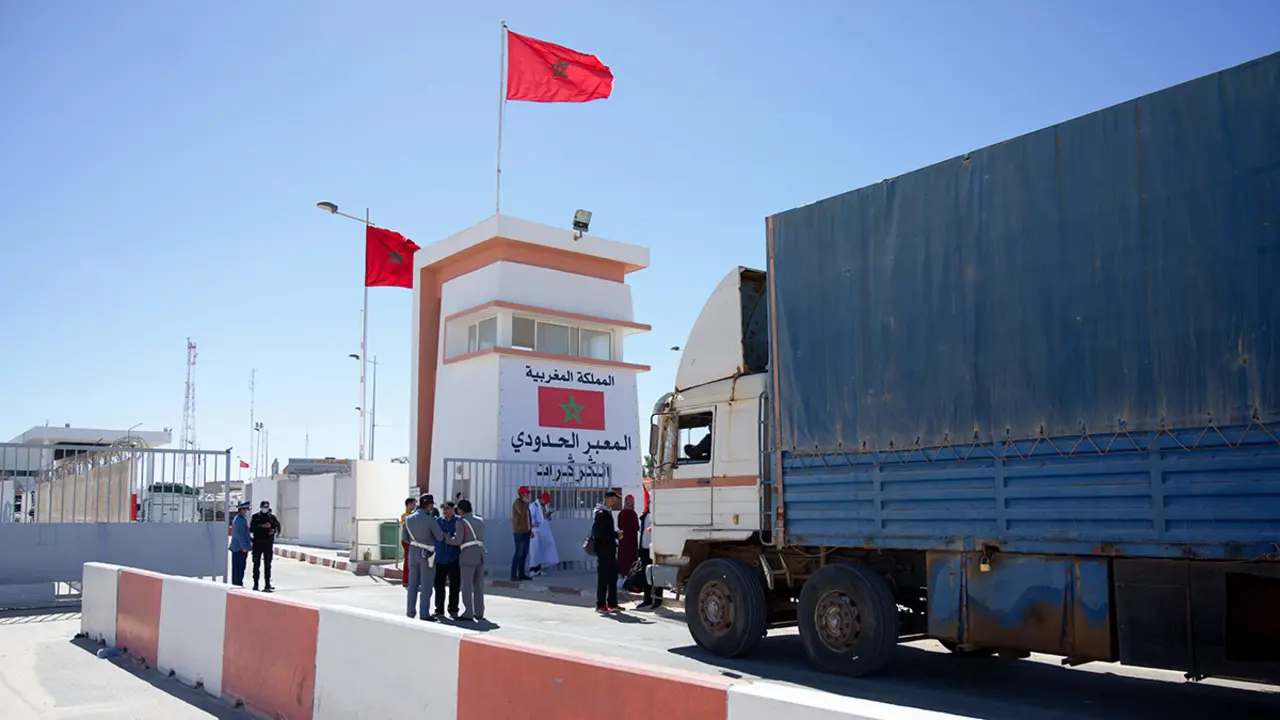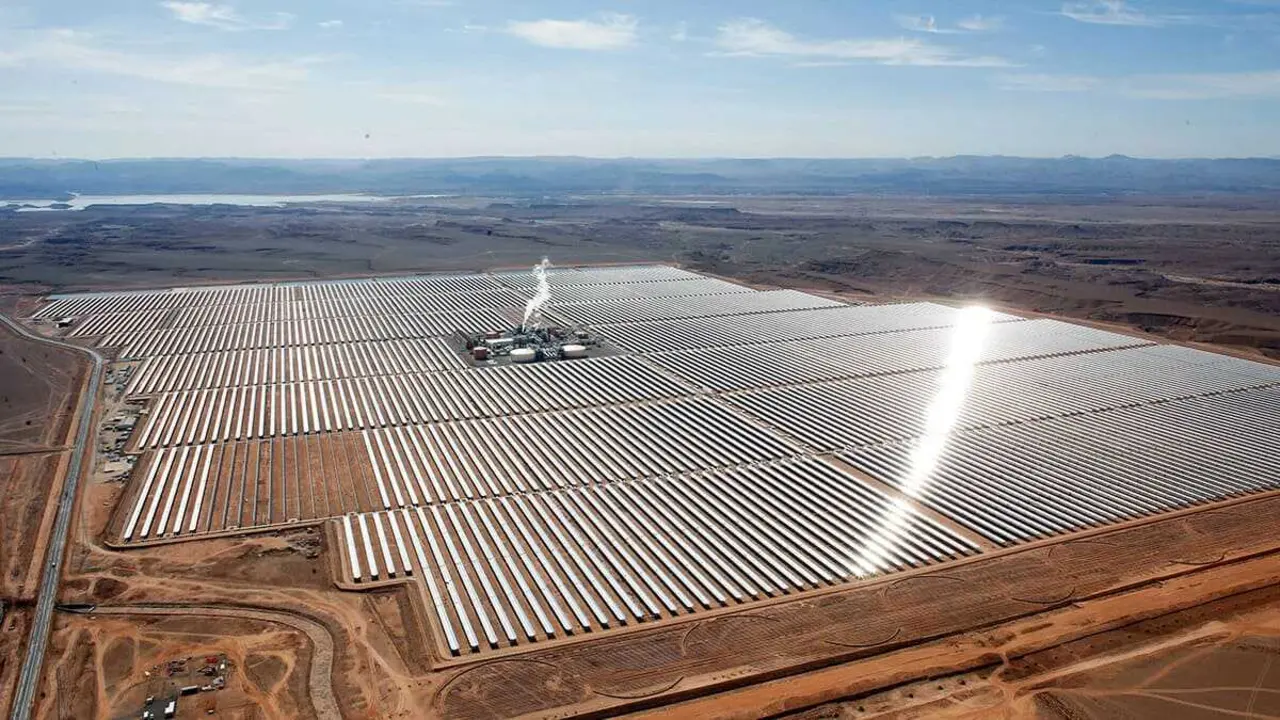Lebanon's fuel crisis deepens

The Central Bank of Lebanon (BDL) has announced that it is no longer able to support fuel imports, which means lifting subsidies in the midst of an economic crisis. This decision has sparked demonstrations across the Mediterranean country. Faced with a lack of foreign currency, subsidies on several basic commodities have been gradually lifted in recent weeks.
The BDL has already announced in a communiqué that credit lines for fuel imports will henceforth be granted on the basis of black market prices. In July, the government took the decision to subsidise fuel in the face of the serious situation the country was experiencing, but during a meeting this week the governor of the central bank, Riad Salame, said he was "no longer able to support the purchase of fuel".

Salame offered as a solution a proposed law to disburse credits to the state electricity company, Electricité du Liban (EDL), to allow it to buy fuel "because it is the cheapest remedy for the citizen, even if taxes are raised". For weeks now, the Lebanese electricity company has been offering only two hours a day of supplies, while private generators are priced at exorbitant prices, far beyond the reach of a population impoverished by three years of economic crisis.
The Lebanese have again taken to the streets to protest against the lifting of fuel subsidies and clashes have been reported between the population and soldiers in Tripoli. Protesters have also blocked roads across the country. According to the state news agency ANN, groups of dozens of protesters blocked major roads in central, southern and northern Lebanon in protest against the measure, using rubbish bins and causing major traffic jams across the country.

The Mediterranean country has been dragging a severe economic crisis since 2019 that has been exacerbated by the COVID-19 pandemic and experienced its peak social outburst following the Beirut port explosion. The detonation took the lives of 205 people, injured more than 6,500, with damage estimated at up to 5 billion, displaced another 350,000 residents from their homes, and destroyed numerous buildings, leaving a large number of people homeless, at a critical time for many Lebanese.
The only way out of Lebanon's economic crisis is for the political elite to put aside its lust for power and agree on a ministerial portfolio as soon as possible. International aid, as well as talks with the International Monetary Fund (IMF), are at a complete standstill, as they have made the delivery of non-emergency aid to Lebanon conditional on the implementation of reforms and the formation of a government. New Prime Minister-designate Najib Mikati and Lebanese President Michel Aoun have already held six meetings, and it appears that the two are increasingly at odds.

Almost three weeks after being appointed to form a government, Mikati is facing the same difficulties as his predecessor, Saad Hariri, political disagreements over the distribution of posts according to confessional quotas, despite the fact that all political leaders agree on the urgency of forming a government that can tackle the severe economic crisis. Interim Prime Minister Hassan Diab has urged politicians to put aside their "interests" to speed up the formation of an executive that will help the country emerge from the economic crisis, a year after his resignation and the interim government.








